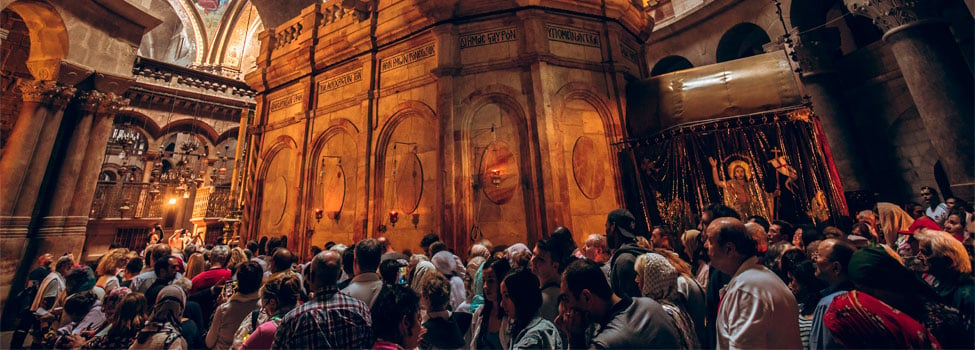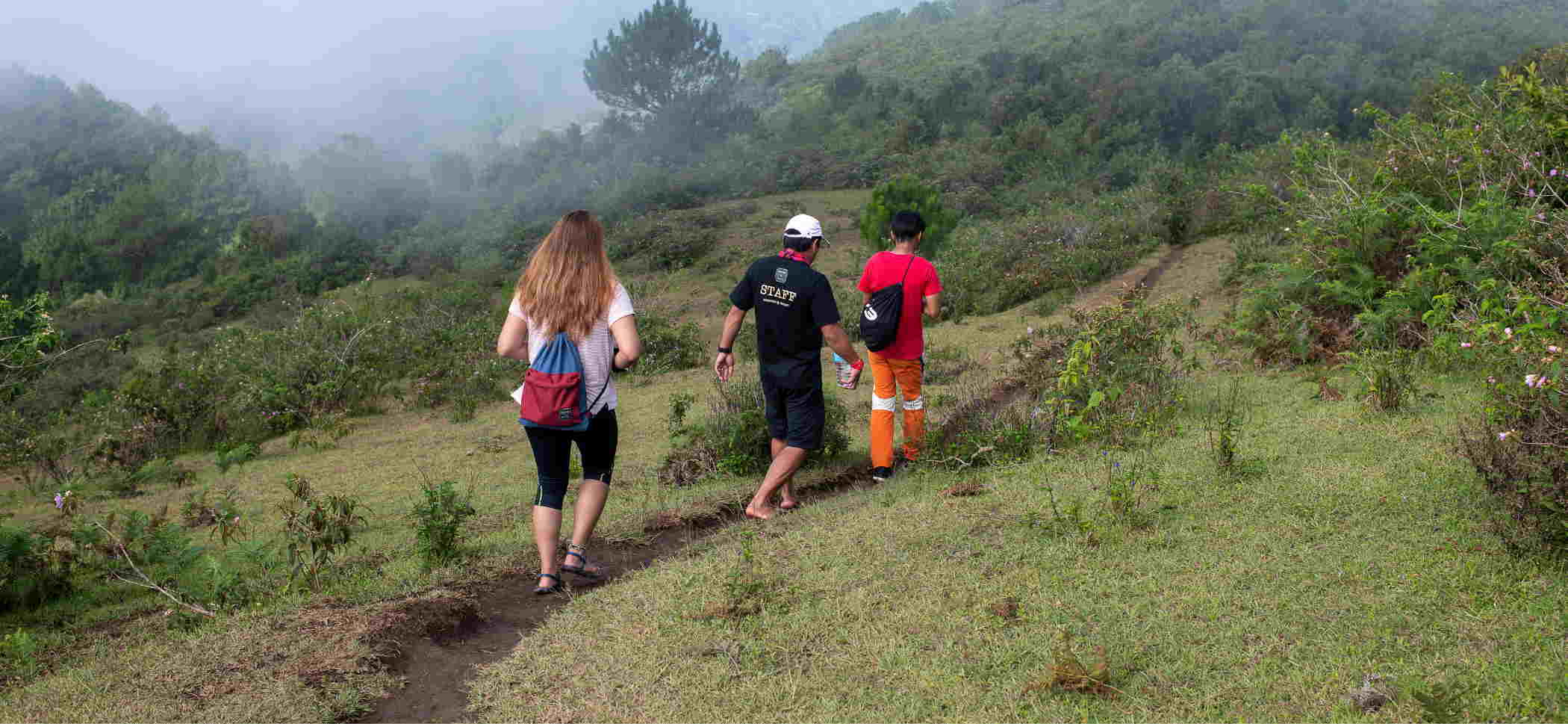Sustainable Travel
The World Tourism Organization’s definition of sustainable tourism is as follows: “Tourism that takes full account of its current and future economic, social and environmental impacts, addressing the needs of visitors, the industry, the environment and host communities”. As natural resources face depletion, the travel industry has a role to play in helping to reverse the crisis. In fact, sustainable travel is an important component of preserving our world and preventing climate change as a whole, and plays a significant role in implementing sustainable solutions for everyone on the planet.
Despite tourism taking a brutal hit during Covid—and understandably so—international tourism was up by 60% pre-pandemic levels during the first half of 2022. And it’s critical. The tourism industry is a local job generator with around 333 million in 2019, which keeps the economy humming (travel-related expenditures top trillions of dollars a year). With the number of travelers increasing globally, it’s time to take action in championing sustainable travel.
Keep these tips in mind if you plan on jetting off in the near future.

Can You Support Sustainable Travel While Flying?
Air travel’s carbon emissions negatively impact the climate, no secret there-but there are ways to reduce your impact on greenhouse gases when you fly. Firstly, you can calculate how many metric tons of CO2 emissions your flight will produce and work on offsetting them from there. Here are a few ideas:
- Many airlines have carbon offset programs, meaning you pay a few extra dollars to counteract pollution caused by supporting emission reduction projects globally.
- Fly direct (to avoid additional energy from take-off) and on mid-size planes that seat more passengers than private jets—this is more fuel efficient.
- Choose an economy seat to reduce your individual carbon dioxide impact.
- Opt for eco-friendly airlines that use environmentally-friendly products, have installed winglets to reduce fuel consumption, and invest in sustainability projects. Many flight search engines highlight which airlines are eco-friendly.
Travel via ground public transportation is a more sustainable option if you can reach your destination—with ferries and rail travel on the lower end of the carbon footprint scale. Aside from that, you can offset CO2 emissions in your daily life by walking or cycling from A to B, avoiding single-use plastics, or cutting back on energy consumption.

Where To Stay
Start your search by checking if your preferred accommodation has sustainable practices and certifications in place. For example, in terms of Abraham’s environmental impact, one of the steps we take is to encourage recycling in all of our spaces. We also use LED lighting to conserve energy and keep most shower heaters on timers as part of our commitment to the environment.
A couple of other things to keep in mind are whether the accommodations serve food that is sourced locally and contains vegan options. Can you reuse bed linen? Are recyclable materials on tap? As a whole, these ecological initiatives accumulate when advocating for sustainable travel.

Abraham Jerusalem
Public Transportation
Awareness campaigns to slash the number of cars circulating the roads are of high priority in densely populated countries around the globe. From expanding bus, bike, and scooter lanes, keeping prices to a minimum, increasing transport frequency, and introducing transport tracking apps, it’s easier than ever to hop and off wherever you’re going.
Public transportation is an overall lower emission option than driving, specifically with heavy and light rail transit. Technology such as Google maps, local travel apps, and booking platforms take the guesswork out of navigating virtually anywhere in the world. Plus, it enhances your experience of doing it as the locals do.
Support Local
On the topic of local, one of your must-dos on vacation is sampling regional fare. Not only does it cut down on carbon emissions from transportation of internationally imported food, but it has a knock-on effect in supporting local suppliers and businesses, who also utilize locally-sourced ingredients and materials. And while we’re on the subject, dining in is one way to avoid single-use materials like plastic cups and cutlery. In fact, why not take it a step further and bring your own refillables with you to save water and energy on washing up?
The same goes for shopping locally. Not only does it help businesses and local economies thrive, it also promotes a supply chain that trims back carbon emissions causing imports.
Abraham’s Impact
Abraham Group has a vision for championing and driving sustainable travel, with a commitment to build influence and encourage positive changes in the environment and society. In building a resilient brand, Abraham has the ability to make an impactful change that will benefit the environment and hopefully more of the world as a whole. Our business strategy is based on the Sustainable Responsible Tourism model (more here), achieved through a synergistic combination of business, environmental activity, and community inclusion. Ultimately, we understand how our actions can impact the world for the better and we channel our influence whenever possible.

The Green Roof at Abraham Tel-Aviv. Picture by Carla Boechat
Here’s a snapshot of our ever-growing efforts and accomplishments:
- We work exclusively with local businesses and strive to source all of our products locally, including food that’s grown and made in Israel. Plus, we promote two local microbreweries across our locations.
- Our Hostels (locally owned and operated) hire local people from all backgrounds.
- Tours are led by local tour guides and visit local suppliers across all of our tours.
- Recycling is an innate part of our culture and is encouraged for both travelers and staff.
- The majority of our shower heaters are on timers to reduce our use of electricity.
- LED lighting is installed in all our locations
- Urban gardening initiatives are active at our Tel Aviv hostel.
- Travelers are instructed not to interfere with the habitat on our tours exploring untouched regions of nature.




